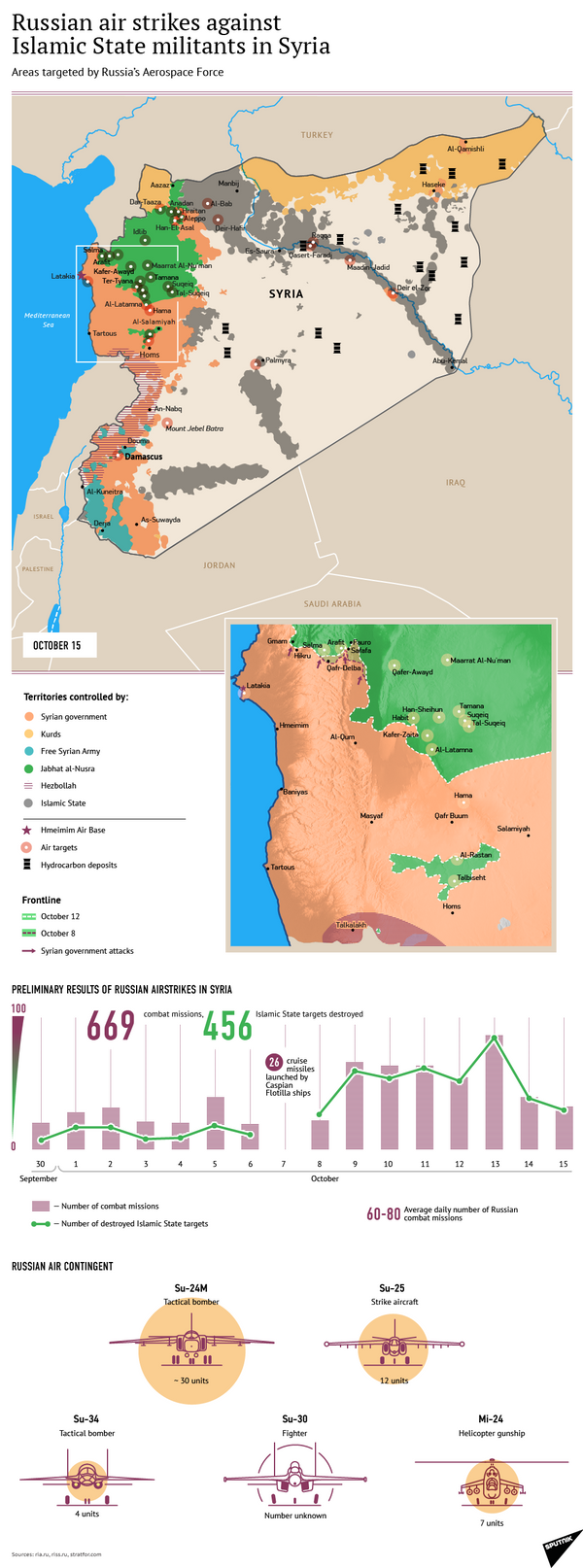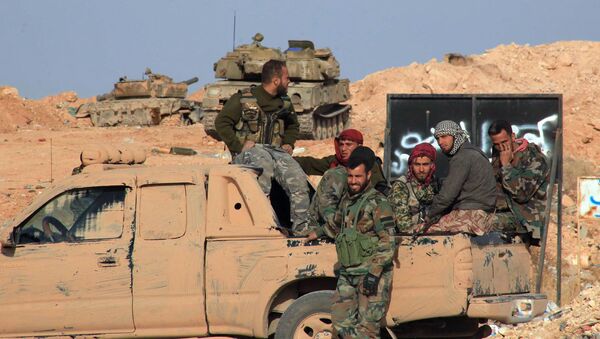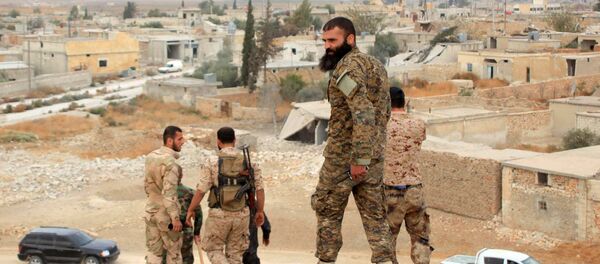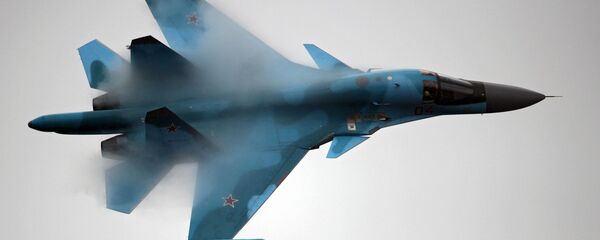A team has already finished disarming explosive devices along the road. On Wednesday, authorities opened the highway to traffic letting military equipment, as well as trucks carrying food and fuel through. Soldiers at checkpoints said that the road would be open to civilians on Thursday.
Almost all highways linking Aleppo to Damascus, Latakia, Hama, etc. are controlled by rebel groups. Some two weeks ago ISIL fighters seized the so-called "road of life" to Aleppo. It was the only way to get to Latakia in the West or Hama, Homs and Damascus in the South.
Approximately 1 million people lived in Aleppo when this road was cut off from those areas of the country which have not been overtaken by rebels. They were left without fuel, gas and food and prices skyrocketed. Basic supplies currently cost up to ten times more than in the rest of Damascus-controlled Syria.
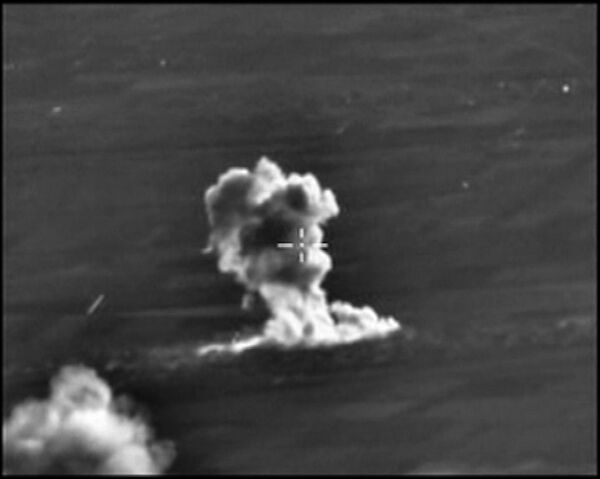
There is no electricity. Locals use diesel generators to charge phones and light their homes but fuel oil is also a rare commodity.
"We had to eat food [that we stored before the siege] – buckwheat, pasta, rice. There is a store located two kilometers away. They sell everything at inflated prices and it is too dangerous to go there because of shelling," Olga, a Russian national living in Aleppo, told RIA Novosti. She has no water or electricity and has to cook on fire.
Damascus-led forces were fighting to free the highway, especially the Ithriya-Khanaser road, for days. Forcing ISIL fighters was complicated by the fact that they received supplies from the Syrian city of Raqqa, the capital of the self-proclaimed caliphate.
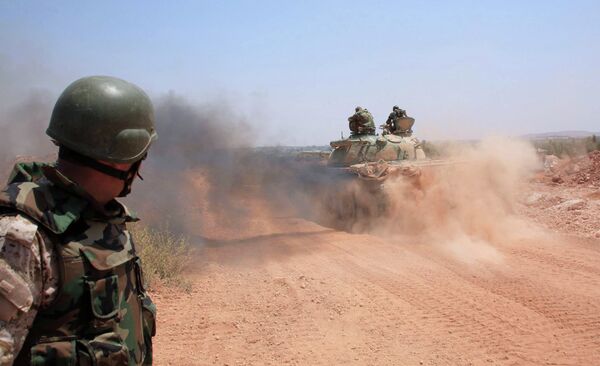
On November 1, militants launched an attack on the city of al-Safira but the army assisted by the Russian aerial forces warded off the assault. The next day the army freed the Sheikh Ahmad village, located to the east of al-Safira. Russian airstrikes in the area helped turn the situation around.
Interesting fact: coordinates for some of the targets were provided by the Syrian opposition, which is fighting against ISIL and al-Nusra Front, Chief of the Main Operational Directorate of the General Staff of the Russian Armed Forces Andrei Kartapolov said. According to Kartapolov, although these "patriotic forces" have been engaged in a months-long fight against government forces, they view unified, sovereign and free Syria as a priority.
Meanwhile, locals say that Damascus-led forces have also taken the eastern part of Aleppo, including Midan, Sulaymaniyah, Azizia and other neighborhoods, under control. The Free Syrian Army is also present in the city. The FSA is currently holding talks with Damascus and Moscow. A ceasefire and joint efforts to tackle Islamic radicals are the main issues on the agenda.
The western part of the city is controlled by an array of militant groups including ISIL, al-Nusra Front, as well as other less known organizations with big names like the Syrian Lions or the Warriors of Islam. They control many villages to the west of Allepo but the siege of the strategic city has been lifted.
